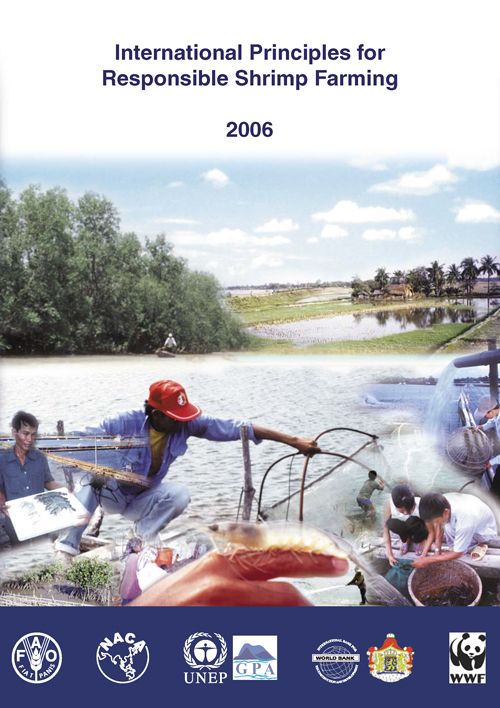
Policy briefs and guidelines, certification standards, codes of practice and other voluntary instruments relating to aquaculture
Creative Commons Attribution.

Policy briefs and guidelines, certification standards, codes of practice and other voluntary instruments relating to aquaculture
Creative Commons Attribution.